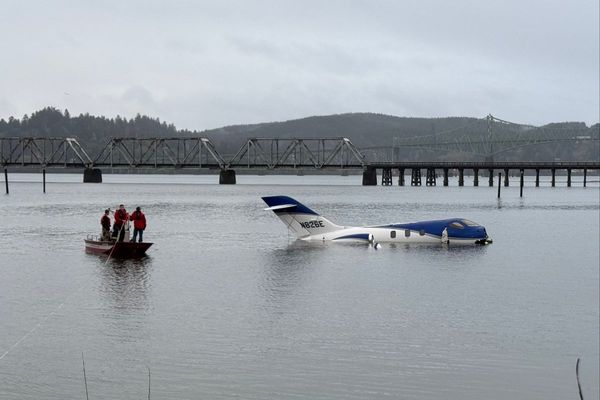TV Licences are bills which most UK households pay on a monthly or yearly basis, which legally allows them to watch live television as it's broadcast - as well as other streaming services like the BBC's popular iPlayer.
And while many who strictly use only streaming services may think they're exempt from forking out the £159 sum annually, in some cases they are wrong, and could face fines if caught out.
While it used to be straightforward, thinking if you owned a TV you needed a licence for it, in the 21st Century there are a number of variables to consider before buying one.
Read more: TV Licence - What you can legally watch without paying £159 BBC fee
The Liverpool Echo reports that with technology evolving, there are many more ways to catch up with your favourite TV shows now, with a lot of options that don't include watching live television. Many viewers are switching to online streaming services such as Netflix, Amazon Prime and Disney Plus.
There has recently been talks of the fee being scrapped completely by 2027 but for now the annual payment, which normally changes on April 1 each year, is expected to be kept at the current rate of £159 until April 2024. So if you use your television set only to watch streaming services, do you still need a licence?
And do you need one if you watch through paid-for services like Sky? It depends on what you’re watching, and when. Make sure you’re clued up, as you could be fined up to £1,000 if you break the rules.
What is a TV licence? When do I need one?
A TV licence gives the holder legal permission to use television-receiving equipment, such as an aerial, to watch programmes as they are being shown on TV. So if you are watching a TV show, while it is going out live, you need a licence.
That includes watching the shows through paid-for services like Sky, Virgin Media and NOW TV, and viewing on a computer, or through an app on your games console, phone or Smart TV. You also need one if you use BBC’s iPlayer to watch any content, as TV licences fund the BBC.
If you are watching other apps, like ITV Player, you need a licence if you are watching the shows as they go out live. You also need a licence if you are recording live TV to watch later.
What does it pay for?
The money goes to and funds the BBC, which is Britain’s state-owned broadcasting service. However, you still need a licence to watch other networks’ television shows, if you are watching them as they are broadcast live.
What does a TV licence cover?
A single TV licence covers all of the following in a single property:
- TV sets;
- computers;
- laptops;
- tablets;
- mobile phones;
- any other device that can receive a TV signal.
How long does a TV licence last?
A TV licence is usually valid for a year after the day it is paid for.
I pay for Sky/Virgin/BT TV - do I still need to buy a licence?
Yes, if you watch TV through a digital box, such as Sky, Virgin or BT, you still need to pay for a licence.
Do I need one if I just watch Netflix, Amazon Prime or Now TV?
If you only watch on-demand or catch-up programmes through streaming services like Netflix, then you do NOT need a TV licence - UNLESS you’re watching BBC programmes on iPlayer. You also need one if you’re watching any live TV through apps.
Live TV means any programme you watch or record at the same time as it’s being shown on TV or live on an online TV service. So, if you start watching Sky Sports through Now TV, you need a licence.
You need to be covered by a TV licence if you watch live TV on any channel or device. This includes:
- if you’re watching on TV or on an online TV service;
- for all channels, not just the BBC;
- if you record a programme and watch it later;
- if you watch a programme on a delay;
- to watch or record repeats;
- to watch or record programmes on +1, +2 and +24 channels;
- to watch live programmes on Red Button services;
- even if you already pay for cable, satellite or other TV services;
- to watch satellite or online programmes shown live from outside the UK or Channel Islands
You can be fined up to £1,000 if you watch or record live TV without a TV Licence.
Read next:







